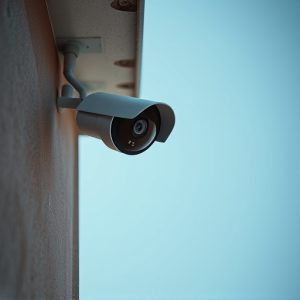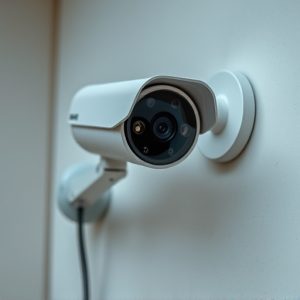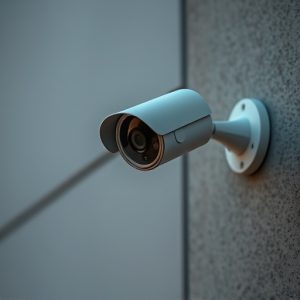Hidden Security Cameras: Unveiling Ethical and Functional Insights
Hidden security cameras, disguised as everyday items or compact devices, offer enhanced surveillance…….
Hidden security cameras, disguised as everyday items or compact devices, offer enhanced surveillance by capturing footage discreetly without attracting attention. They can be remotely activated for real-time monitoring or evidence recording. Advanced models feature infrared technology, motion sensors, and high-definition video. However, their clandestine nature raises ethical concerns regarding privacy rights, with legal frameworks varying across jurisdictions. Effective deployment involves understanding local laws, proper placement, visible warnings, and transparent operations to balance security and individual privacy.
Hidden security cameras have become a ubiquitous presence in our daily lives, offering both peace of mind and potential privacy concerns. This article explores the multifaceted world of these covert devices. We’ll delve into their diverse functionality, from home protection to business surveillance, and uncover various types designed for specific needs. Additionally, we’ll navigate the ethical and legal landscapes surrounding hidden cameras, highlighting the importance of responsible usage in an increasingly connected world.
Understanding Hidden Security Cameras: Their Functionality and Types
Hidden security cameras, also known as covert or concealed cameras, are surveillance devices designed to operate discreetly, capturing footage without drawing attention. Their primary function is to provide enhanced security and monitoring by offering a level of invisibility, making them ideal for various applications, from home protection to professional surveillance. These cameras can be activated remotely, allowing users to monitor activities in real-time or record evidence for future reference.
There are several types of hidden security cameras available, each with unique features and capabilities. Some mimic everyday objects like smoke detectors, light fixtures, or plants, making them virtually indistinguishable from regular household items. Others come in the form of small, portable devices that can be easily hidden in pockets or discreetly placed in various locations. Advanced models often offer infrared technology for night vision, motion sensors to trigger recording, and high-definition video quality, ensuring clear and detailed footage.
Ethical Considerations and Legal Aspects of Using Hidden Cameras
The use of hidden security cameras raises significant ethical considerations and legal aspects that must be carefully navigated. While these devices offer enhanced surveillance and peace of mind, their clandestine nature can infringe on privacy rights and spark ethical debates. The primary concern revolves around the potential invasion of personal space and the right to privacy, especially when cameras are deployed without consent in public or private areas.
Legally, the use of hidden security cameras is subject to varying regulations depending on jurisdiction. Some regions have strict rules regarding surveillance, demanding explicit consent for monitoring and limiting the types of spaces where recording is permitted. Understanding these legal frameworks is crucial to ensure compliance and avoid potential consequences, such as lawsuits or penalties. Proper placement, visible warning signs, and transparency about camera operations can help mitigate ethical concerns and maintain a balance between security and privacy.


